Students seeking a Certificate must complete at least 58 elective course hours.
Elective course offerings vary with every catalog season. Browse this page to discover what's currently scheduled.
March
|
|
|
|
Lichens are among the most unique, resilient organisms on Earth—and among the least understood. In this class, you'll explore the identification, natural history, and ecology of lichens of the Northeast, especially those in the NYC area.
|
|
263BOT365
|
03/01
|
Su
|
11:00am-2:00pm
|
Rao
|
NYBG
|
|
|
|
|
Take
your
knowledge
of
botanical
nomenclature
to
the
next
level.
In
this
course,
you'll
look
closely
at
plants
to
better
understand
and
identify
their
diversity
and
similarities.
Examining
plant
structures
can
seem
tricky,
as
some
resemble
each
other
but
belong
more...
|
|
263GAR366O
|
03/03
|
Tu
|
10:30am-12:30pm
|
Bakshi
|
ONLINE
|
|
|
|
|
Discover how trees communicate via chemical signals in the air (to warn of insect attacks) and transfer nutrients to one another through complex underground fungal networks (sometimes to assist sick trees).
|
|
263BOT385BO
|
03/05
|
Th
|
6:00pm-8:00pm
|
Herrera
|
ONLINE
|
|
|
|
|
Discover the many herbs and spices prized for centuries to heal, to revitalize the immune system, and to treat and prevent asthma, insomnia, flu, and more.
|
|
263BOT346BO
|
03/07
|
Sa
|
11:00am-1:00pm
|
Candee
|
ONLINE
|
|
|
|
|
Why
do
some
species
have
smooth
bark,
while
on
others
it
is
thick
and
broken?
Why
does
bark
peel?
The
traits
typically
used
to
describe
trees—leaves,
twigs,
and
buds—are
often
hard
to
see
or
seasonally
absent.
Bark,
on
the
other
more...
|
|
263BOT426
|
03/21
|
Sa
|
10:30am-3:30pm
|
Wojtech
|
NYBG
|
April
|
|
|
|
Build
your
confidence
and
ability
to
discover
the
normally
invisible
(&
fascinating!)
aspects
of
plants,
fungi,
lichens,
slime
molds,
spores,
and
other
plant
specimens
using
microscopes.
In
this
course,
you'll
learn
the
optical
principles
of
microscopy
and
become
comfortable
with
more...
|
|
264BOT398
|
04/10
|
Fr
|
11:00am-2:00pm
|
Sadowski
|
NYBG
|
|
|
|
|
How
do
plants
grow
and
develop?
In
this
class,
you'll
study
the
cellular
and
molecular
aspects
that
drive
the
development
of
land
plants.
Explore
major
evolutionary
innovations
as
you
analyze
the
diversity
of
structures
throughout
each
developmental
phase
and
the
more...
|
|
264BOT380
|
04/15
|
We
|
6:00pm-9:00pm
|
Pierdona
|
NYBG
|
|
|
|
|
As
the
mushroom
season
awakens,
discover
how
and
where
to
hunt
for
Oysters,
Inky
Caps,
Wine
Caps,
Dryad's
Saddle,
Reishi,
and
the
early
spring
Chicken
Mushroom.
Even
the
elusive
Morels
occur
throughout
the
metropolitan
region,
and
spring
is
the
ideal
more...
|
|
264BOT330
|
04/22
|
We
|
10:00am-1:00pm
|
Sadowski
|
NYBG
|
May
|
|
|
|
Explore
the
remarkable
diversity
of
cacti
and
succulents
by
examining
the
morphological
and
anatomical
characteristics
of
these
major
plant
families.
You'll
gain
an
understanding
of
plant
adaptations
in
semi-arid
biomes
which
will
help
determine
which
plants
are
suitable
for
a
more...
|
|
264BOT366O
|
05/04
|
Mo
|
10:00am-1:00pm
|
Bijkerk
|
ONLINE
|
|
|
|
|
Explore
the
basic
principles
that
influence
the
ecological
relationships
of
the
forest
ecosystem.
Using
the
Garden
grounds
as
a
site
for
observation
and
field
study,
learn
to
understand
the
forces
that
shape
our
natural
environment—the
Northeast
Woodland.
Online
lectures
and
more...
|
|
264BOT326BL
|
05/05
|
Tu
|
6:00pm-8:00pm
|
Zeiger
|
BLENDED
|
|
|
|
|
Paleobotany,
the
study
of
plant
evolution
through
fossil
evidence,
gives
us
insights
into
Earth's
flora,
past
and
present.
In
this
class,
you'll
learn
about
the
evolution
of
plants—from
when
life
first
emerged
from
the
ocean
to
modern
day
trees
and
more...
|
|
264BOT434O
|
05/05
|
Tu
|
5:30pm-7:30pm
|
Boyer
|
ONLINE
|
|
|
|
|
Discover the many herbs and spices prized for centuries to heal, to revitalize the immune system, and to treat and prevent asthma, insomnia, flu, and more.
|
|
264BOT346AO
|
05/12
|
Tu
|
10:00am-12:00pm
|
Bijkerk
|
ONLINE
|
July
|
|
|
|
Discover how trees communicate via chemical signals in the air (to warn of insect attacks) and transfer nutrients to one another through complex underground fungal networks (sometimes to assist sick trees).
|
|
271BOT385O
|
07/15
|
We
|
6:00pm-8:00pm
|
Kutos
|
ONLINE
|
August
|
|
|
|
Discover the many herbs and spices prized for centuries to heal, to revitalize the immune system, and to treat and prevent asthma, insomnia, flu, and more.
|
|
271BOT346BO
|
08/02
|
Su
|
10:00am-12:00pm
|
Candee
|
ONLINE
|
|
|
|
|
Explore
these
two
beautiful
and
intriguing
groups
of
herbaceous
plants.
NYBG's
Director
of
the
William
and
Lynda
Steere
Herbarium
Dr.
Emily
Sessa
will
take
you
through
the
basic
aspects
of
ferns
and
lycophytes.
Gain
an
understanding
of
their
form
and
more...
|
|
271BOT360
|
08/14
|
Fr
|
10:00am-1:00pm
|
Sessa
|
NYBG
|
September
|
|
|
|
Learn how to analyze the diversity of fruits and seeds, along with their dispersal mechanisms. By doing so, you'll reveal a fascinating aspect of plant biology and better understand the critical role that plants play in their ecosystems.
|
|
271BOT342O
|
09/08
|
Tu
|
10:00am-12:30pm
|
Bijkerk
|
ONLINE
|
|
|
|
|
Examine
the
political
ecology
of
trees;
their
use
and
abuse
in
history,
and
how
these
woody
plants
have
shaped
our
world.
In
this
historical
survey,
you'll
gain
a
renewed
perspective
of
the
role
that
trees
play
in
your
everyday
life
more...
|
|
271BOT352O
|
09/30
|
We
|
6:00pm-8:00pm
|
Thomson
|
ONLINE
|
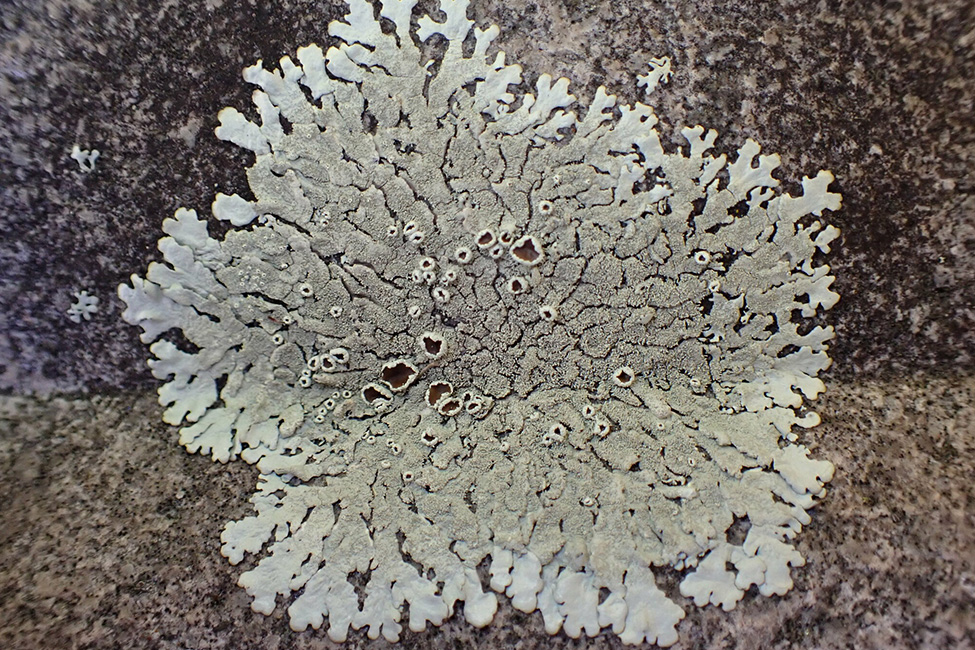


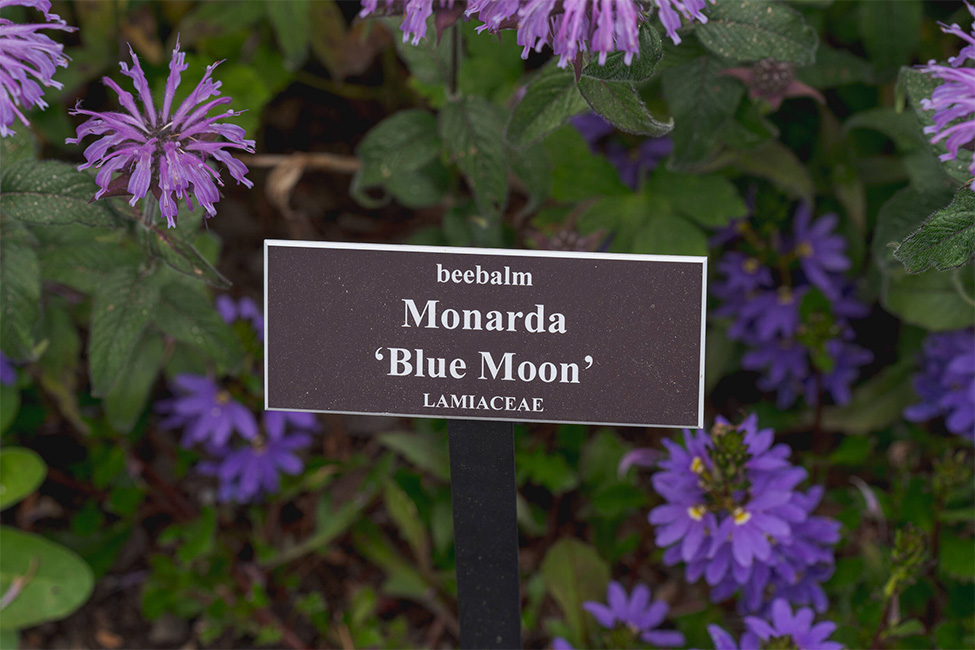


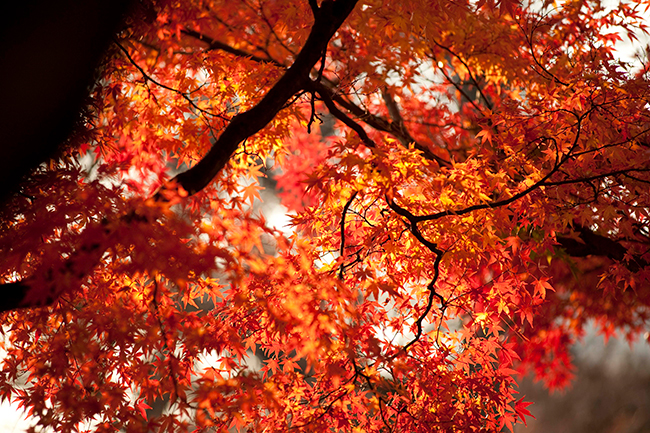


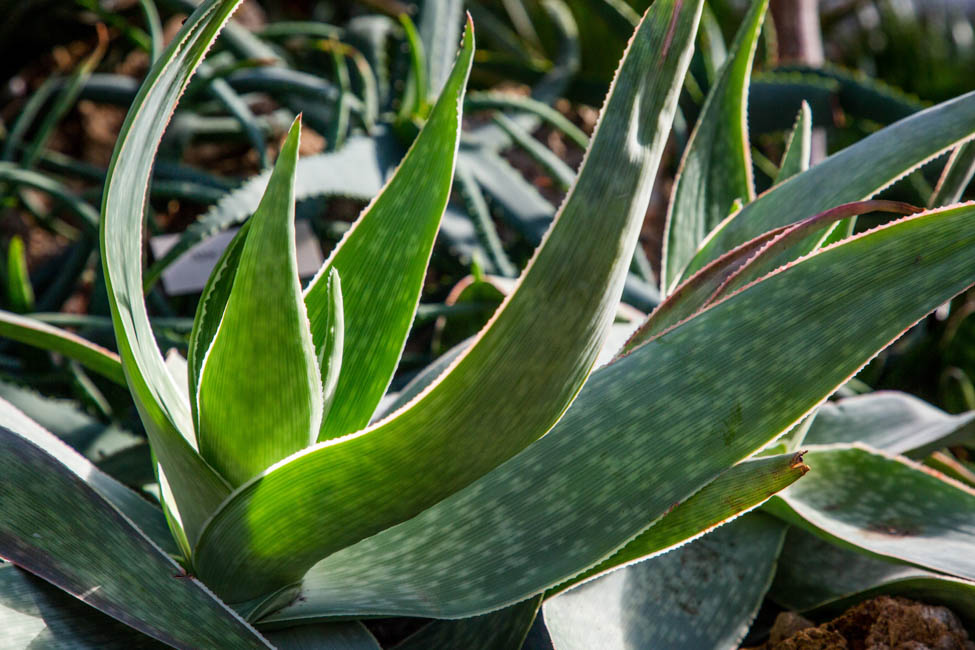


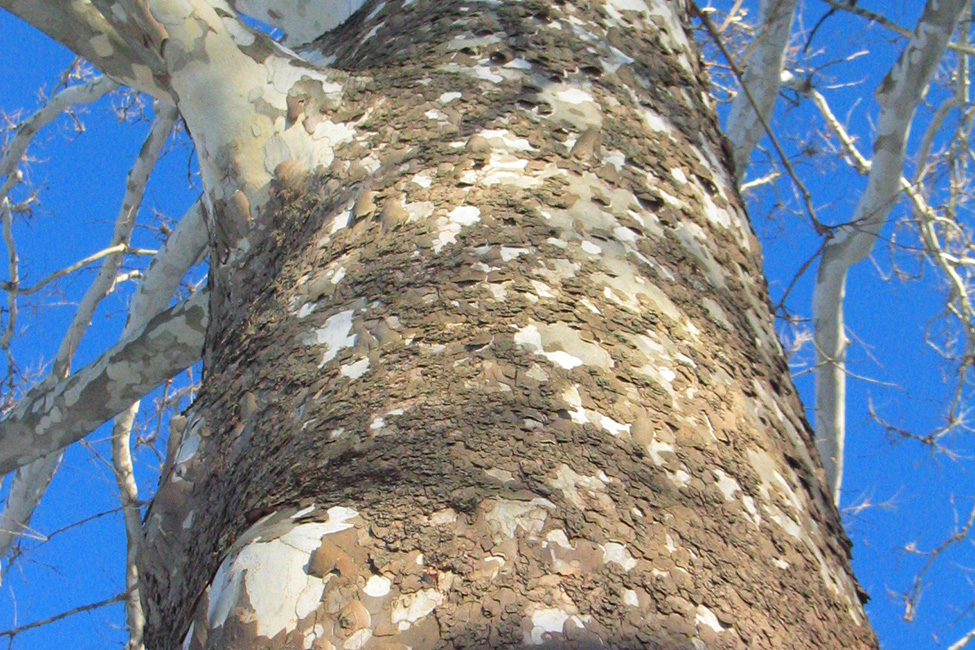


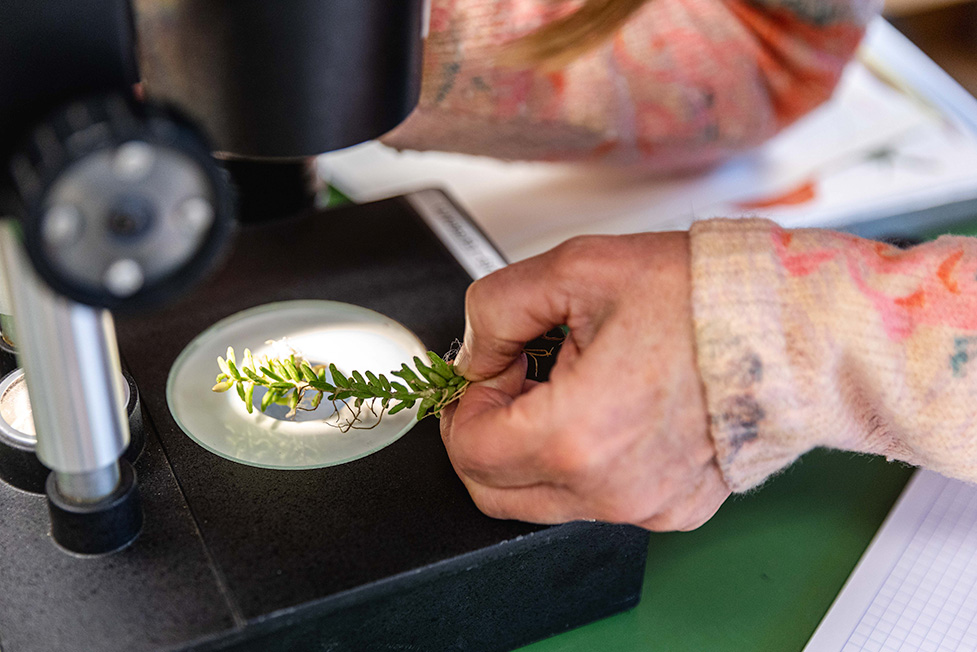





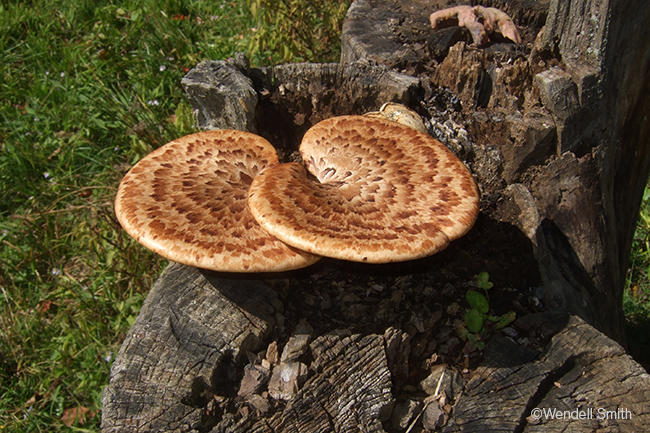


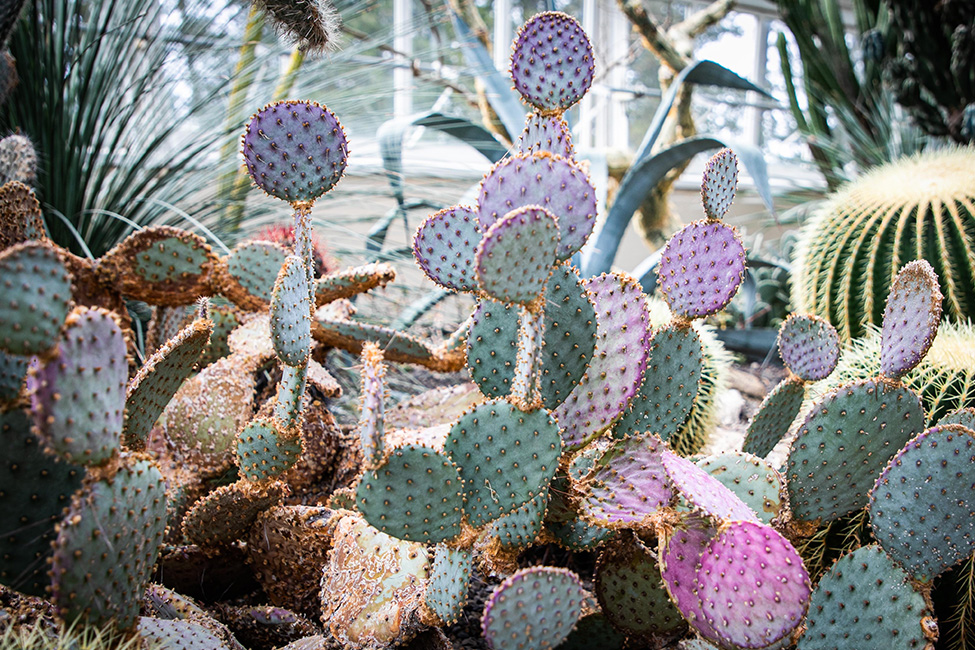


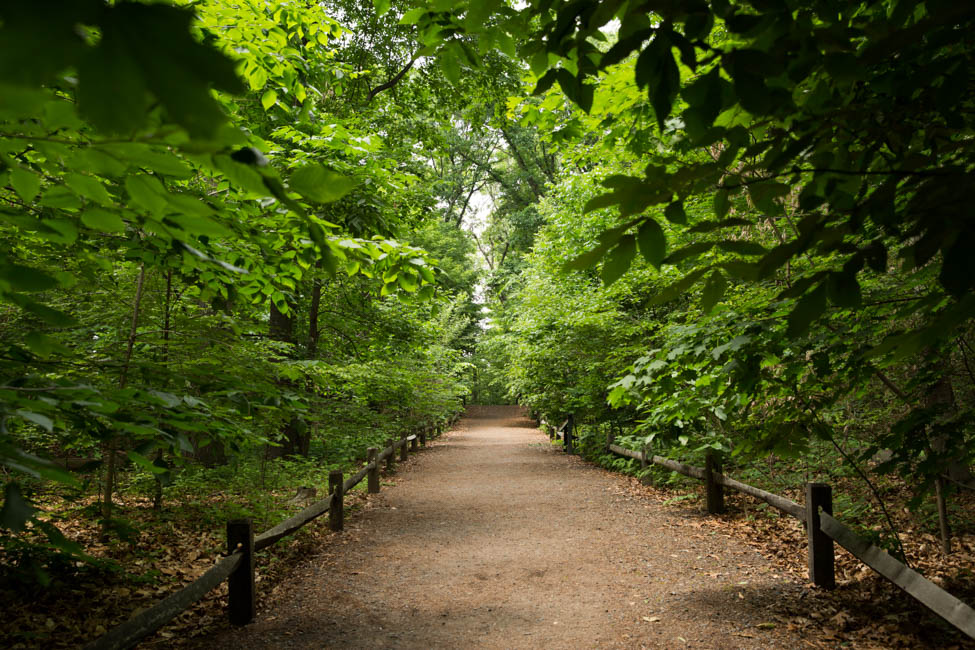


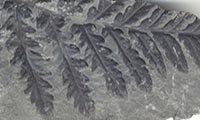











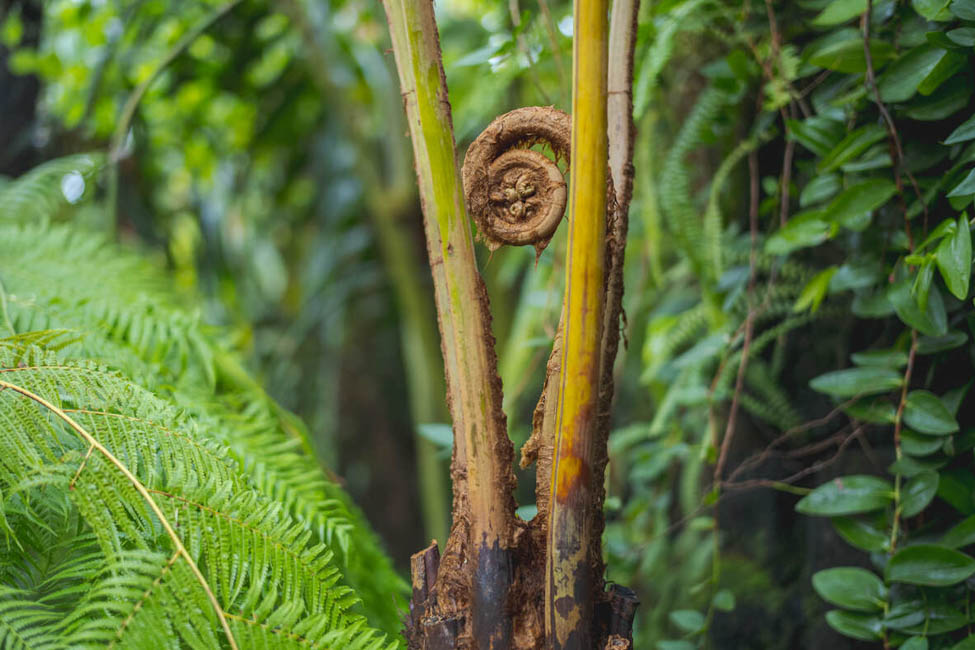


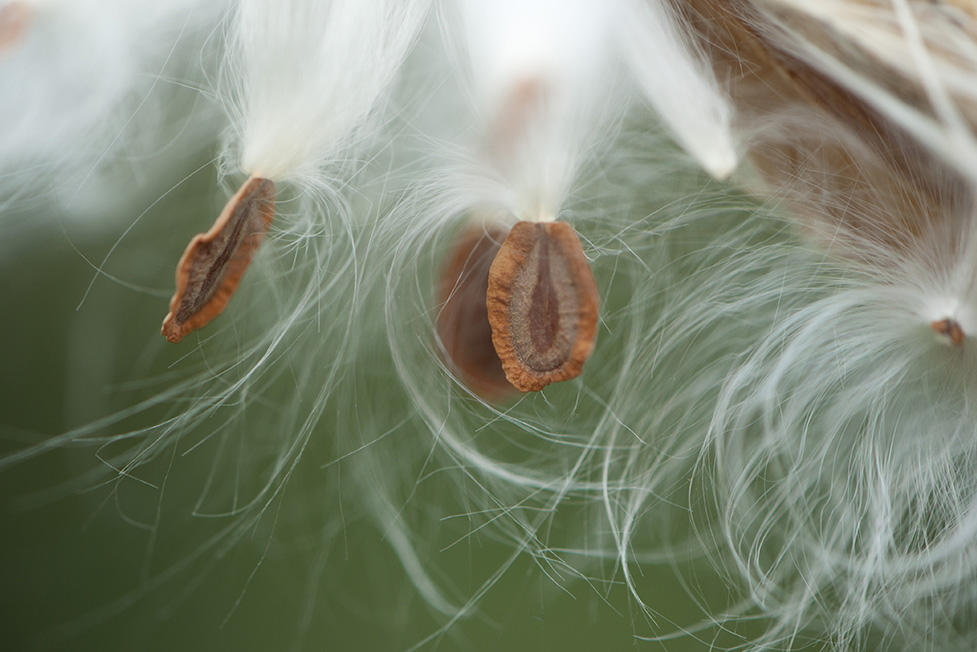


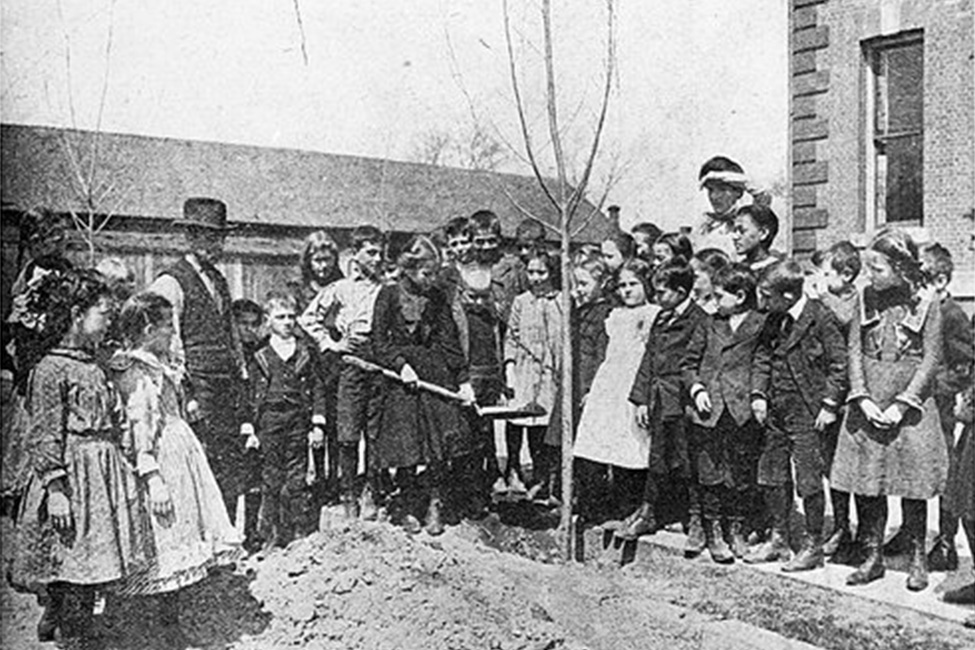



 Cart (0)
Cart (0)
